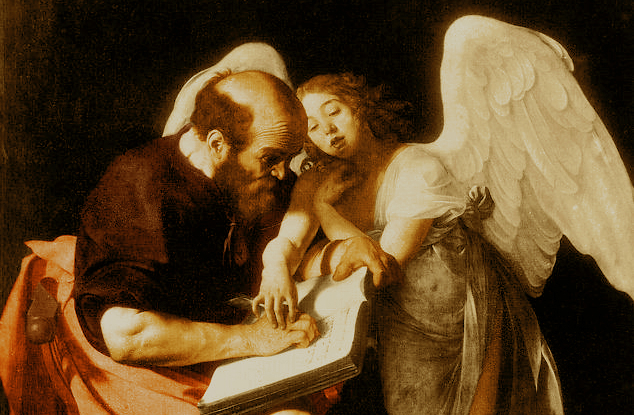Let us avoid like death itself the ugly example of others, and go to live in a more dignified fashion in our country houses (of which we all have several), and there let us take what enjoyment, what happiness, and what pleasure we can, without in any way going beyond the bounds of reason. There we can hear the birds sing, and we can see the hills and the pastures turning green, the wheat fields moving like the sea, and a thousand kinds of trees; and we shall be able to see the heavens more clearly, the heavens which, though they still may be cruel, nonetheless will not deny to us their eternal beauties and which are much more pleasing to look at than the deserted walls of our city.
—Giovanni Boccaccio
There are many famous historical examples of plagues, pestilences, and pandemics. The most famous in European history is the Black Death, which killed somewhere between one- and two-thirds of the population. Boccaccio describes the symptom of that disease in grisly detail, noting the “swellings either in the groin or under the armpit,” followed by “black or livid spots,” which very often resulted in death. The characters in Boccaccio’s Decameron—ten young nobles—have the resources to leave the city and retire to an isolated country spot, where they pass the time by telling one hundred stories.
I never thought that I would be in even a vaguely similar situation. But beginning on Monday morning, everyone in Spain—in every region of the country—will be confined to their house, and only allowed to leave to buy medicine or groceries. It will be a complete lockdown, in other words, which will put us in a situation very much like Italy now, and even like that of Boccaccio’s young nobles. That is, we will have an awful lot of time on our hands while we wait out the winter. And we will need to be artistic in passing the time. Already in Italy, the people are playing instruments and singing from their balconies, making impromptu bands. Just a few minutes ago, in Spain, everyone came to the balcony to applaud the efforts of the doctors and nurses—and we are not even in lockdown yet.
It will be a long couple weeks—if, indeed, it ends in a couple weeks. As if the whole society is sick, we all must take to our beds. The future is looking increasingly uncertain. Just last Monday was a normal work day for me. Every day, the virus has accelerated, and the government’s response has struggled to keep up. Now, hopefully, events will begin to slow down with the coming emergency measures. We will have an awful lot of time to sit and think—a maddening amount, perhaps, if we do not know what to do with it. What is even more maddening is the huge deal of uncertainty that has been injected into all of our lives. Apart from the health consequences, which are grave enough, there will almost certainly be economic ramifications that will affect everyone. It is frightening to think of what the worst case scenario might look like. In retrospect, we may see it as a historical turning point.
Well, then, we shall just have to hope that we avoid a worst case scenario, while we count the hours until we can re-emerge from our dens. My own room is comfortable but quite small; and it is internally situated meaning that I have no view of anything but whitewashed walls. It is certainly no Italian villa. Now it is Saturday—only three days of serious disruption so far—but I already miss my old routine; and I know that, in a couple days, I will desperately miss taking long runs and walks. There is a surreal feeling to this whole affair, as if we have somehow been transported back one hundred years or more, when infectious diseases were sources of mysterious dread.
Considering these circumstances, it is tempting to panic or to wallow in despair. From the present moment, it is difficult to see how this crisis can end. But one way or another it will end. And now that all of the governments of the world are coming to realize the scale of the danger, we will hopefully avoid the worst. We humans have already weathered much worse pandemics (though of course not without some horrible consequences in the interim). In the meantime, like those ten noble Italians, we have to contend with two undramatic foes: boredom and uncertainty. And like them, one of our best allies will be our creativity. We can tell stories, write poetry, practice cooking, or improve our chess game. My main goal is to finally get some drawing done.
And, of course, there are always books to read. Boccaccio himself might be a good place to start. For Boccaccio had an abundance of another one of our major allies in this struggle: humor. I am going to be needing a lot of it in the weeks ahead. All of us will.
